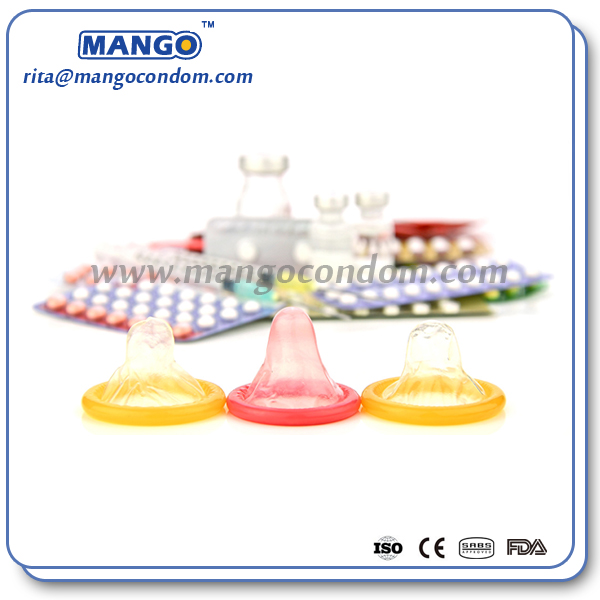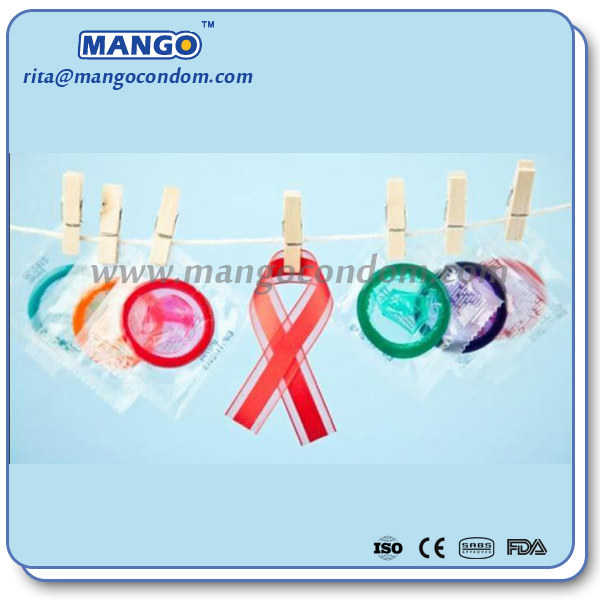Condom can offer more except birth control
The condom is a good fit for most people as long as the male is willing to take on the responsibility of handling contraception. It also offers the partners additional protection from sexually transmitted infections if they are not in a steady or monogamous relationship or have (currently or in the past) had sexual intercourse with multiple partners. STIs or …
What can reduces the effectiveness of condoms?
Condoms greatly reduce the risk of unwanted pregnancies and sexually transmitted infections But some wrong way use can weaken a condom. Being aware of the following: Using two condoms at the same time increases the risk of a latex condom breaking. If you or your partner is allergic to latex, use polyurethane or natural membrane condoms. Petroleum or oil-based lubricants …
CAN CONDOMS PROTECT YOU FROM GENITAL HERPES?
When Herpes virus affect the genital area, they called genital herpes. The best way to avoid genital herpes are to practice abstinence or maintain a monogamous relationship with your partner. If condoms can protect you from genital herpes. Yes, using condom does help you avoid genital herpes, but not completely. Studies show that people who consistently use condoms when …
A few things to keep in mind if you choose to use latex condoms
Latex condom is common and easy to use. There are only a few things to keep in mind if you choose to use latex condoms: 1- If you want to use extra lubrication, only water-based lubricants and silicone-based lubricants can be used with latex condoms. Oil-based lubricants (like petroleum jelly, butter, or vegetable oils) will damage the latex. 2- Over time, latex …
How to put condom?
Condoms are the most used and most effective way to prevent sexual transmitted infections and unwanted pregnancy. But it only worked when you use it correctly. Do you know how to put condoms properly? Follow the steps below to make sure you’re doing it the right way. Step 1 Check the expiry date. An expired condom that may break. Don’t …
your brand condom deserves a quality condom supplier.
we had served more than 50 worldwide condom brands.






